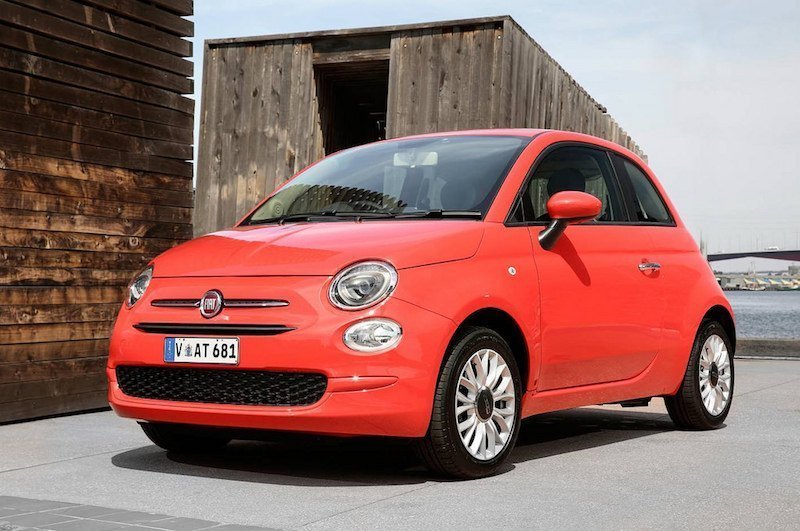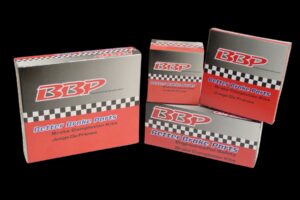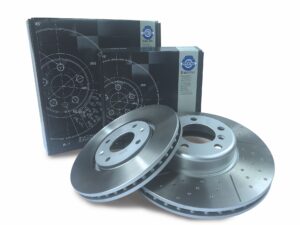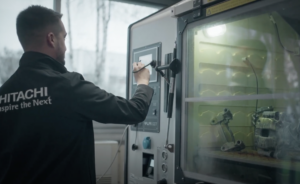NAPLES, Fla.–At The Brake Weekend here, organized by The Friction Material Standards Institute (FMSI), much of the chatter among around 100 attendees was over the tariffs on Mexican-made goods threatened by Donald Trump on Friday.
Attendees were at the weekend retreat here for networking, a few break-out sessions, golf and a meetings of the Brake Manufacturers Council. But amidst, ironically, the layout of Mexican food of enchiladas, guacamole, salsa and the like, the chatter was about new tariffs.
“We have been making adjustments to production based on the 25% Chinese tariffs, and one of those adjustments was to open production in Mexico,” said one attendee on background because he was not authorized to speak on behalf of his company.
Companies in attendance included those based on the U.S., Mexico, South America, Europe and Asia with production flows and supply chains that are being thwarted by the Trump White House. One company representative said his firm exports raw material to China, as well as importing finished product back to the U.S, facing tariffs in both directions. Another company rep that spoke with TBR said they faced a similar problem. Another said they were looking at countries to manufacture that aren’t in the cross-hairs of the current White House–Vietnam and Columbia were mentioned.
Trump is threatening a 5% tariff on goods imported from Mexico starting this month as a punishment doled out to Mexico for, in his opinion, not doing enough on the Mexican side of the southern border to contain illegal immigration. If he is not personally satisfied with what the Mexican government does in the coming weeks, he will jack up the tariffs to 25% by Fall.
Between the 25% tariffs being levied on many Chinese goods categories, and China’s retaliation on U.S. goods, and now the threat of Mexican tariffs, the stock market took a hit Friday and is expected to siffer more this week. Automotive and supplier stocks were at the center of the swoon.
“I don’t like the tariffs at all,” said Frank Oliveto of Util Group America, a Canadian-based brake supplier. “But we have to get to a level playing field with China, and I don’t know what the best way is to achieve that.”
Several attendees say that Chinese manufacturers have been dumping brake pads in North America, selling below real manufacturing costs in order to run established manufacturers out of business. The aftermarket rotor business has gone almost entirely to Chinese makers, helped by cheap Chinese steel.
Trump’s first tariff on Chinese steel of 10% did not do much to affect imports because even with the tariff, the steel for making backing plates and other parts, was still cheaper than North American steel. But the 25% tariff has made a difference, executives said. North American steelmakers, instead of holding prices steady, making their steel more attractive after the tariffs, have instead hiked their prices, even more said several attendees.
The aim of the Trump tariffs, both those aimed at China and now Mexico, is to compel companies to relocate factories in the U.S. where they won’t be affected by tariffs–except as China has shown, tariffs will be faced in exporting goods out of the U.S.
That places auto companies and suppliers between a rock and a hard place.







